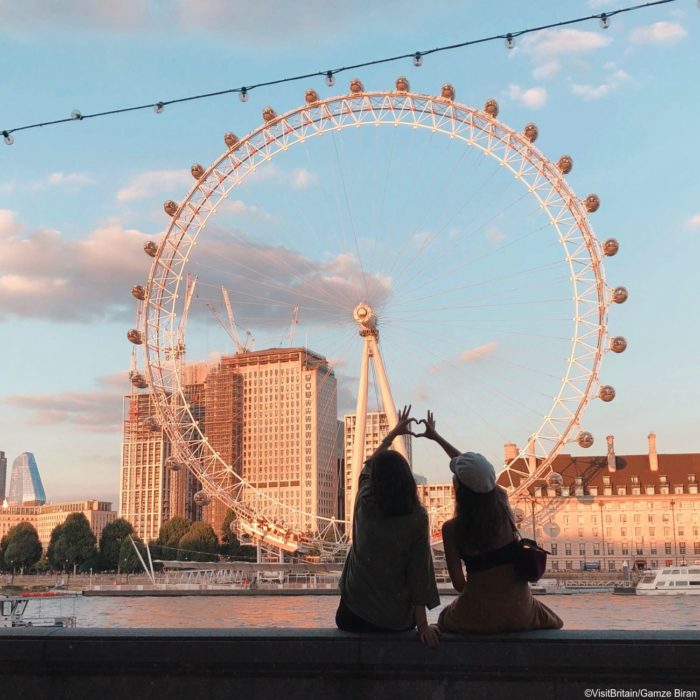As British Ambassador in Bosnia and Herzegovina (BiH), I am proud to stand up for Lesbian, Gay, Bisexual and Transgender (LGBT) rights, which are fundamental human rights, and the fight against discrimination on the basis of sexual orientation or gender identity.
17 May is International Day against Homophobia, Biphobia and Transphobia, better known as IDAHOBIT, and marked on this day since 2004. It is celebrated in 130 countries around the world, and the UK takes great pride in joining this year’s call of ‘justice and protection for all’. The rainbow flag will be flying in front of our Embassy in Sarajevo, and we will use this chance to discuss our longstanding support for LGBT rights.
Why is this so important to us? The UK is committed to promoting human rights in all of our foreign and domestic policies, including freedom of belief, freedom of expression, media freedom, and abolition of modern slavery. These rights are fundamental, and universal, and we believe it is our responsibility to champion them wherever in the world we are.
But this must begin at home. There is still a great deal to be done in tackling prejudice and discrimination in the UK, but in recent years successive governments have legislated to address inequalities, including through the 2010 Equality Act, and more recently the launch of a cross-government LGBT action plan, which aims to address among other things homophobic, transphobic and biphobic bullying in schools. As Prime Minister Theresa May put it, “Nobody should face discrimination or persecution because of who they are or who they love.”
Promoting human rights around the world is not only a moral issue. The UK does so because the strongest, safest and most prosperous societies are those in which all citizens can lively freely, without fear, and where everyone, including LGBT people, can play a full and active part. Respecting individuals and their differences builds better and more fulfilling communities. Tragically, there are still dozens of countries were such relations are criminalised, and in a few can be punished by death.
Working with our partners in the UN, EU and OSCE, we want to be a leading advocate for those who so often are denied a voice in political and daily life. The UK was a founding member of the new Equal Rights Coalition, launched at the Global LGBTI Human Rights Conference in Montevideo in July 2016. Later this year we will take over as co-chair.
Recently there has been a public discussion about these issues in BiH, linked to plans to hold a Pride march in Sarajevo in September. I will be pleased to take part, and we support the bravery of those organising the event. But I think it is essential to understand that the LGBT community in this country is not asking for special treatment. They are asking for the same rights as everyone else, to live freely and honestly, without fear of prejudice or persecution. The recent use of physical violence against community members, and hostile rhetoric from public officials, only underline the value and need for such a public moment of recognition and inclusion.
I believe the people of this great country want the world to see that all visitors are welcome here, to come and experience everything BiH has to offer. Coming soon after the Sarajevo Film Festival, when so many guests get to enjoy the country’s warm hospitality, I see the Pride event as very positive for BiH’s image around the world.
Supporting LGBT rights is not an attack on others, nor does promoting their rights diminish or negatively affect the rights of anyone else. It is about ‘justice and protection for all’. It is about supporting our brothers and sisters in living freely, in expressing their full self, and in helping all our communities to be the best we can be.

